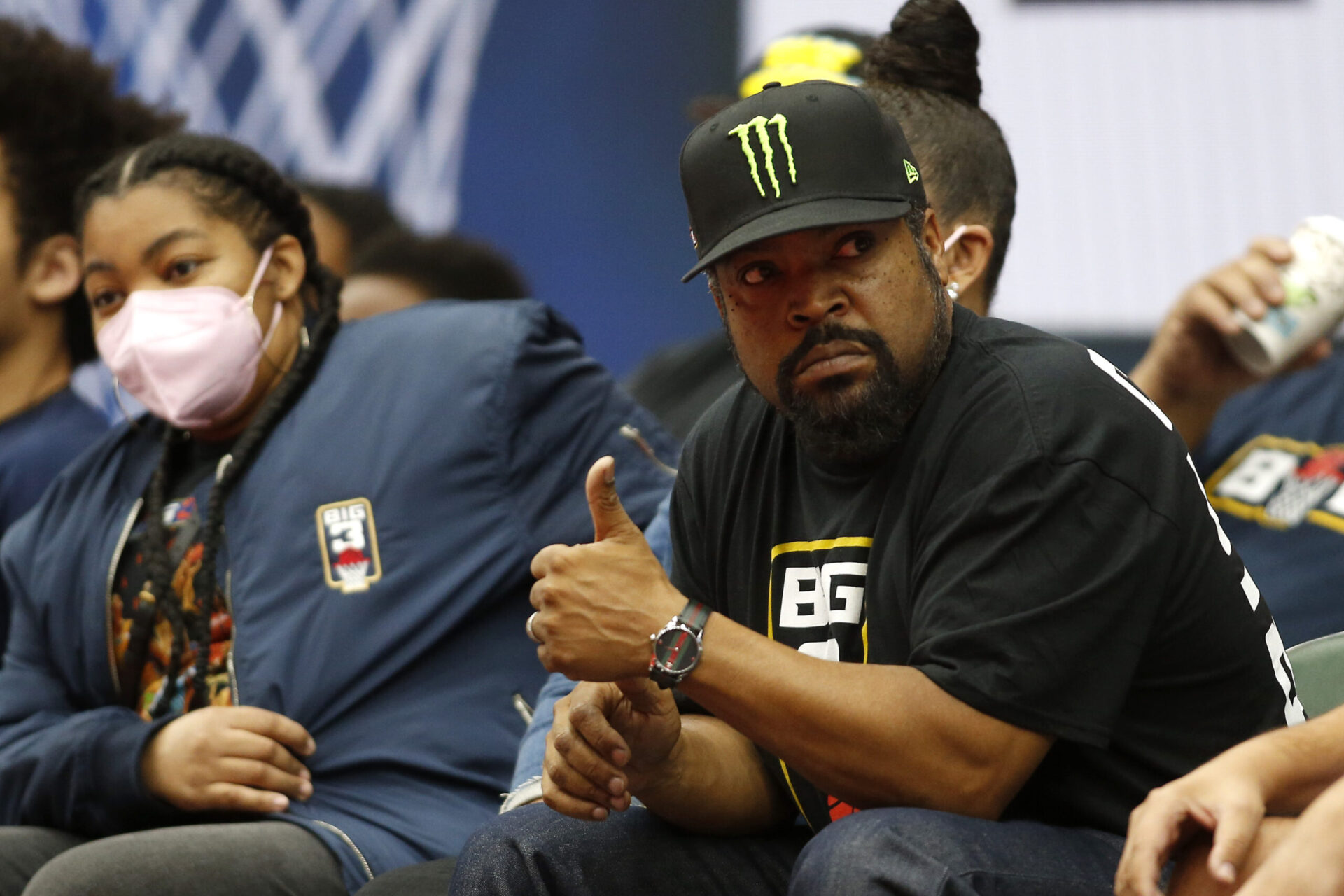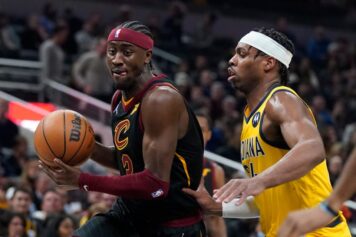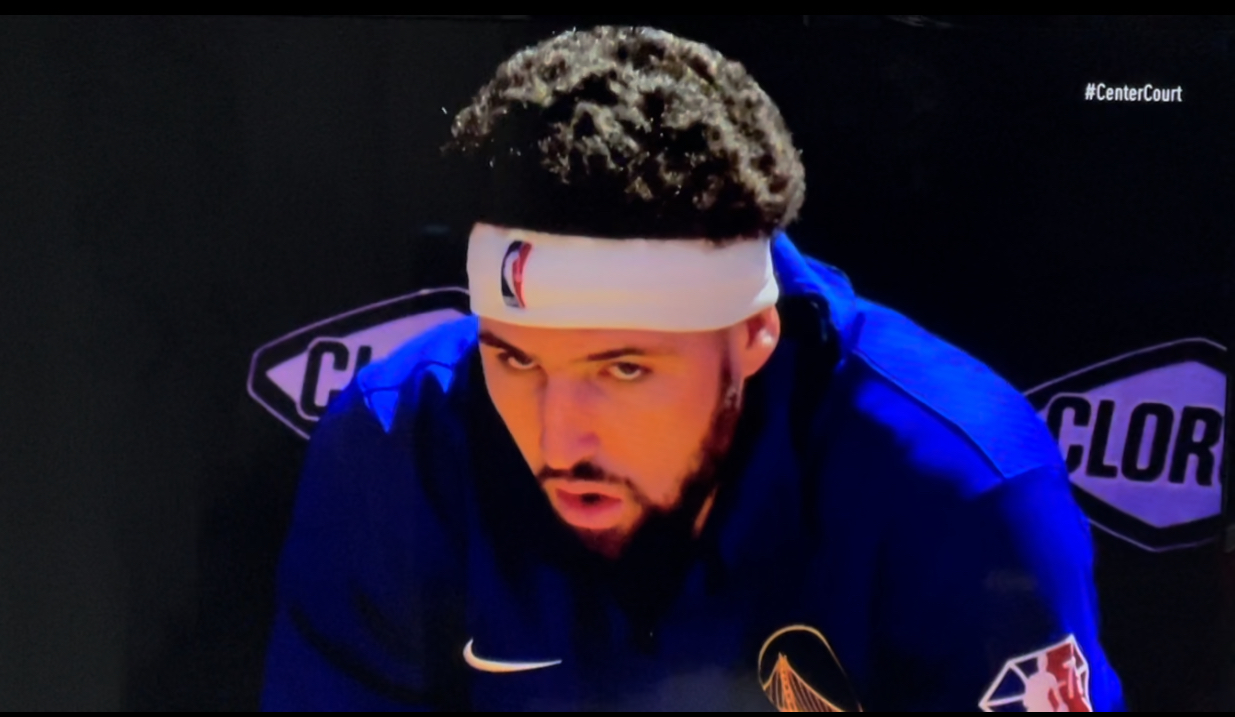I thought he would at least last a full season.
But, as we now know, that wasn’t the case as John Beilein is out – quit – as the head coach of the Cleveland Cavaliers after just 54 games. Cavs General Manager Koby Altman and team owner Dan Gilbert, the architects of this mess, have decided to promote associate head coach J.B. Bickerstaff as the new man in charge.
The situation reminds me of the “you can’t teach an old dog new tricks” ideology, as Beilein was 66 when he took the job with the Cavs and began his NBA career. The notion that an old dog’s refusal to evolve has never been about pride or ego. And when you think about it, it’s actually a smart decision. Because if a dog has made it to old age, it’s likely due to their success rather than luck.
Beilein was 571-325 as a college coach and appeared in two national championship games. So why would he change what got him to that level of success?
Well, the answer to that has two parts.
One, Beilein has to own that his ways were never going to work in a league of ultra-talented adults that are millionaires.
And two, Altman and Gilbert have to live with the fact that they wasted a season on a coach who spent his entire coaching career showing people that he never had what it takes to be an NBA coach.
“You know how he is, he is very detail-oriented and it’s detail, detail, detail,” Cavaliers point guard Collin Sexton recently told Forbes about Beilein. “He loves details. And he always wants us to make sure that when we are out there, we are giving it our all. College coaches, you know how they are—they want you to go 1,000 percent every second of the day. He’s been in college for 20 years, more than that. We’ve had to tell him, like, ‘Coach, we’ve got 82 (games), we can’t kill ourselves.”
In December, there were reports that players had already tuned Beilein out due to his affinity for treating them like they were still in college, his lack of understanding the NBA game, his offensive philosophies, and his terminology for plays, which included the use of naming them after wild animals.
That was followed by Kevin Love, the team’s franchise player, getting fined after he was visibly upset with how things were going with the team, and even had a few on-court tantrums due to his frustrations.
“It’s not fun. It’s not fun right now,” Love said in early December. “I think you can see that. I don’t think anybody signed up for playing like this, like we are right now. We’re not taking steps in the right direction and it’s pretty apparent.”
And then January came, and Beilein crossed a line that he could never come back from when he shocked players during a film session by saying that they were no longer playing “like a bunch of thugs.” Afterward, Beilein reached out to players one-on-one, insisting he meant to use the word “slugs.”
“I didn’t realize that I had said the word ‘thugs,’ but my staff told me later I did and so I must have said it,” Beilein told ESPN at the time. “I meant to say slugs, as in slow-moving. We weren’t playing hard before, and now we were playing harder. I meant it as a compliment. That’s what I was trying to say. I’ve already talked to eight of my players tonight, and they are telling me that they understand.”
Thug has always been a covert way of saying the “N-word,” and once it was said, the damage was done.
But despite all of that, the most glaring examples of why this was always going to be a train wreck had to do with how he became successful in college.
Beilein didn’t coach a single McDonald’s All-American until he got to the NBA. There was never a time in which he had to work with talent, because his best attribute was always developing it, not instructing or recruiting it. If you take a look at all the guys that went to the NBA from Michigan during Beilein’s tenure, you will quickly realize that the majority of them were 3-star recruits, or 4-star at best. He never went after the best of the best, but would rather develop players over three and four years.
Ask any coach worth their salt, and they’ll tell you that being able to constantly recruit and coach talent is a skill that isn’t afforded to every good coach. Some do it in their sleep, while others struggle at it no matter how hard they try. And some just don’t do it all, like Beilein, as he missed out on homegrown talent in the state of Michigan like Kyle Kuzma, James Young, Josh Jackson, Devin Booker, Monte Morris, and Brian Bowen Jr.
All of those guys made it to the NBA, and when Beilein got to the league, the guys he never wanted to coach were the ones he was forced to deal with.
But even with all those examples of why this situation has been one of the most head-scratching coaching hires, and situations, to recently play out in basketball, the two moments that are viewed as Beilein’s zenith, highlighted his deficiencies.
Most hoops fans remember Beilein’s decision to sit Trey Burke, the national player of the year at the time, during the 2013 National Championship Game due to foul trouble – limiting him to 26 minutes – as the reason why Michigan lost that game. But, I’m here to remind you that in both of Michigan’s national championship losses, Beilein’s teams were beaten by role players that they were ill-equipped to handle.
Luke Hancock came off the bench to score 22 points for Louisville in 2013, while Donte DiVincenzo did the same in 2018 with 31 points.
A coach that was that unprepared, twice, on college basketball’s biggest stage, never should have been in the NBA for one game, let alone 54.



